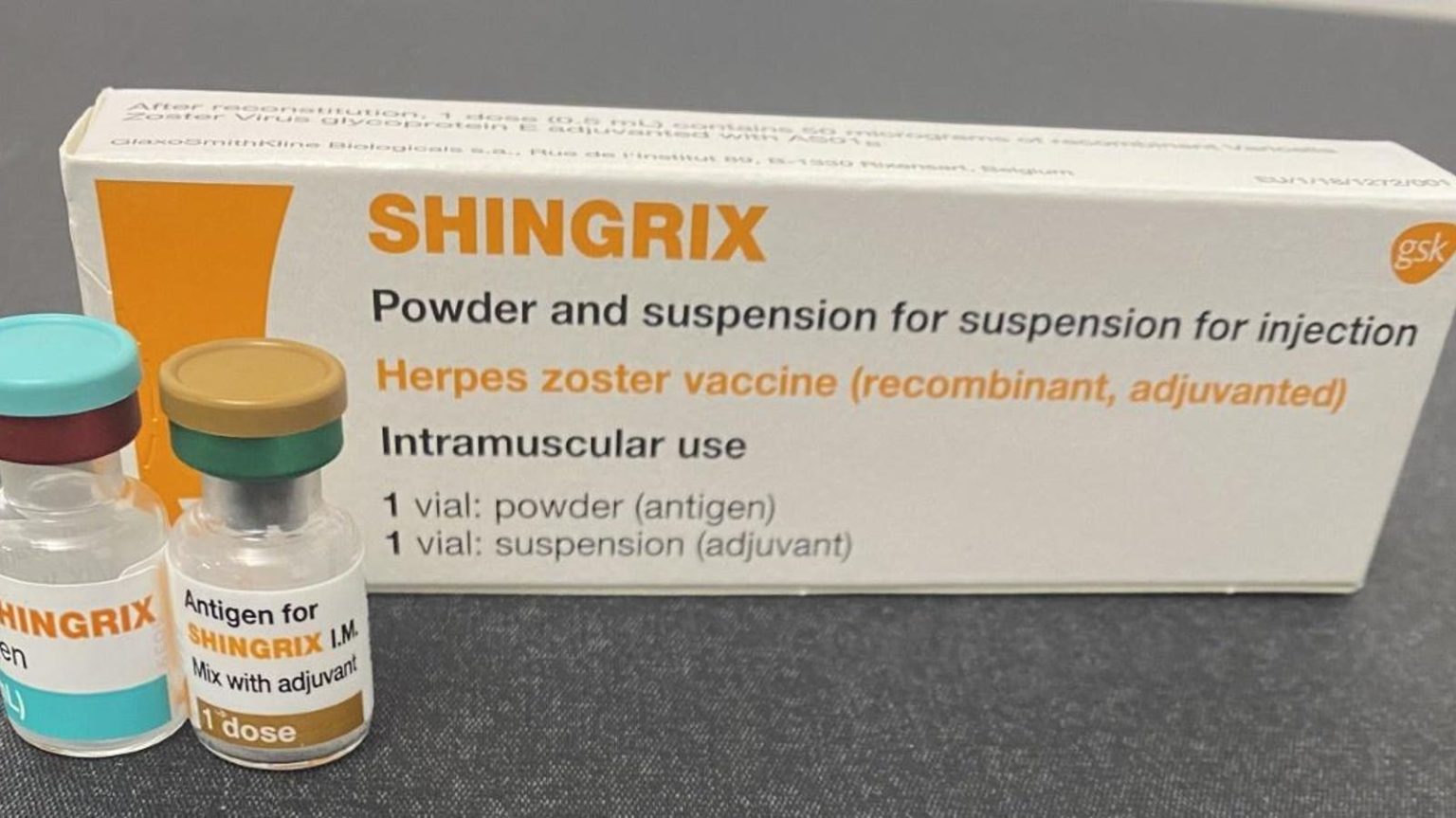A major new study conducted by a team of scientists from the University of Oxford found that the new recombinant shingles vaccine, Shingrix, is associated with a reduced risk of dementia compared to the older shingles vaccine, Zostavax. The study included over 200,000 people who received one of the two vaccines and found that Shingrix reduced the risk of dementia by at least 17% more than Zostavax. Additionally, Shingrix reduced the risk of dementia by 23-27% compared to other vaccines against illnesses such as influenza and Tdap.
The protective effect of Shingrix was seen in both sexes, with a greater effect observed in women. The study was conducted during the switch from Zostavax to Shingrix, providing a unique opportunity to compare the risk of dementia in the six years following vaccination with each vaccine. The results of the study are considered convincing and provide motivation for further research into the possible link between shingles vaccination and dementia prevention.
One possible explanation for how Shingrix may protect against dementia is that infection with the herpes zoster virus, which causes shingles, could increase the risk of dementia. By inhibiting the virus, the vaccine may reduce this risk. Additionally, the vaccine contains adjuvants that could have separate beneficial effects on brain health. These adjuvants are designed to stimulate a strong immune response to the vaccine, potentially influencing brain health in a positive way.
Shingles is caused by the varicella-zoster virus, which also causes chickenpox. The virus can lay dormant in the nervous system for decades and re-emerge to cause shingles later in life. Shingles can be a painful and serious illness, particularly in individuals over the age of 50. The Centers for Disease Control and Prevention recommends that adults age 50 and older receive the Shingrix vaccine to prevent shingles and its potential complications, including post-herpetic neuralgia.
The study’s findings raise the question of whether increased uptake of the Shingrix vaccine could help reduce the risk of dementia. Given the growing number of people affected by dementia, anything that might lower the risk is seen as a positive development. It is important to continue researching the potential link between shingles vaccination and dementia prevention to better understand the benefits of the Shingrix vaccine beyond its primary purpose of preventing shingles.


